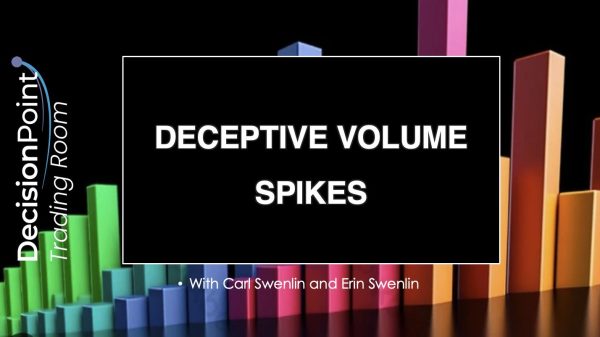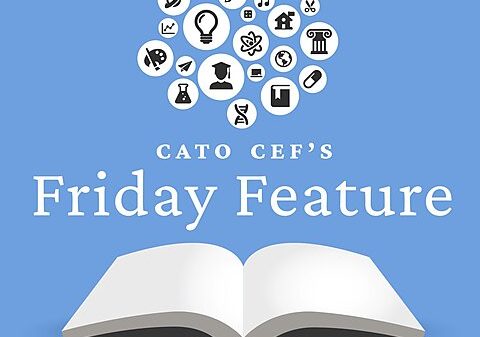Thomas A. Berry
Next term, the Supreme Court will decide two cases raising questions unique to the social media age. Many public officeholders have social media accounts that are not formally run by the government, but which the officeholders nonetheless use to discuss public affairs. In Port Huron, Michigan, the city manager used a Facebook account to discuss COVID-19 emergency measures and other city policies. In Poway, California, two school board members used Facebook and Twitter accounts to discuss school district issues. When these officeholders were criticized by constituents on their social media accounts, they “blocked” some of those users, which prevented the constituents from reading or commenting on the officeholders’ posts.
The officeholders in both cases were sued by their constituents for these social‐media blockings, and both cases raise a novel question. While private citizens are free to ignore or engage with the speech of others as they please, the government has special obligations under the First Amendment. Government officials may not block access to government forums (say, a town meeting held at City Hall) on the basis of a citizen’s viewpoints. When the officeholders in these cases blocked other users from accessing social‐media accounts that discussed government affairs, were the officeholders acting as private citizens or as agents of the government? In other words, were the blockings “state action” subject to First Amendment limits?
While the disputes in both cases are between the officeholders and the blocked constituents, there are also third parties involved whose First Amendment interests should not be overlooked: the social media platforms themselves. To address this concern, Cato has joined NetChoice, Chamber of Progress, and the Computer & Communications Industry Association to file identical amicus briefs supporting neither party in both cases. No matter which way the Court rules on the question at hand, it should be careful to avoid mistakenly suggesting that the private platforms themselves can become state actors.
In our briefs, we make three key points. First, as private platforms, social media sites have their own First Amendment right to decide who uses their services and on what terms. The Supreme Court has held that a private newspaper has a First Amendment right to reject an editorial. Miami Herald v. Tornillo (1974). Social media sites similarly have the right to reject comments and accounts, a right that they make explicit in their terms of service.
Second, private platforms do not become “state actors” simply by virtue of hosting government officials. A private newspaper does not become a state actor simply by virtue of running an editorial written by the president, and a social media site similarly does not become a state actor by virtue of hosting an account operated by the president. Social media sites provide tools like “blocking” to all users. If a government official misuses such a tool and violates the First Amendment, the liability lies solely with the official, not the platform that provided that neutral tool.
Third and finally, public officials may not commandeer the editorial controls of social media platforms to indirectly censor user speech they could not regulate directly. The Supreme Court has held that indirect government censorship, known as “jawboning,” can violate the First Amendment when the government impermissibly pressures private actors. Bantam Books v. Sullivan (1963). But crucially, the remedy once again lies in suing the government actors, not the private platform that has been pressured. The Court should make clear that if there is any indication of jawboning in this or any other case, that does not transform a social media site into a government actor or a proper defendant.
Like any tool of communication, social media can be used for the good, the bad, and the illegal. Where to draw the line in these cases is a difficult question. But no matter what, the Court should remember that tools of communication are distinct from their users. The Court’s decisions should not blur the lines between private platforms and their public users.























